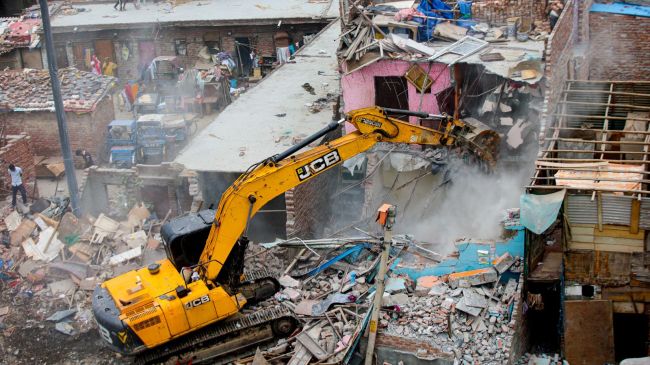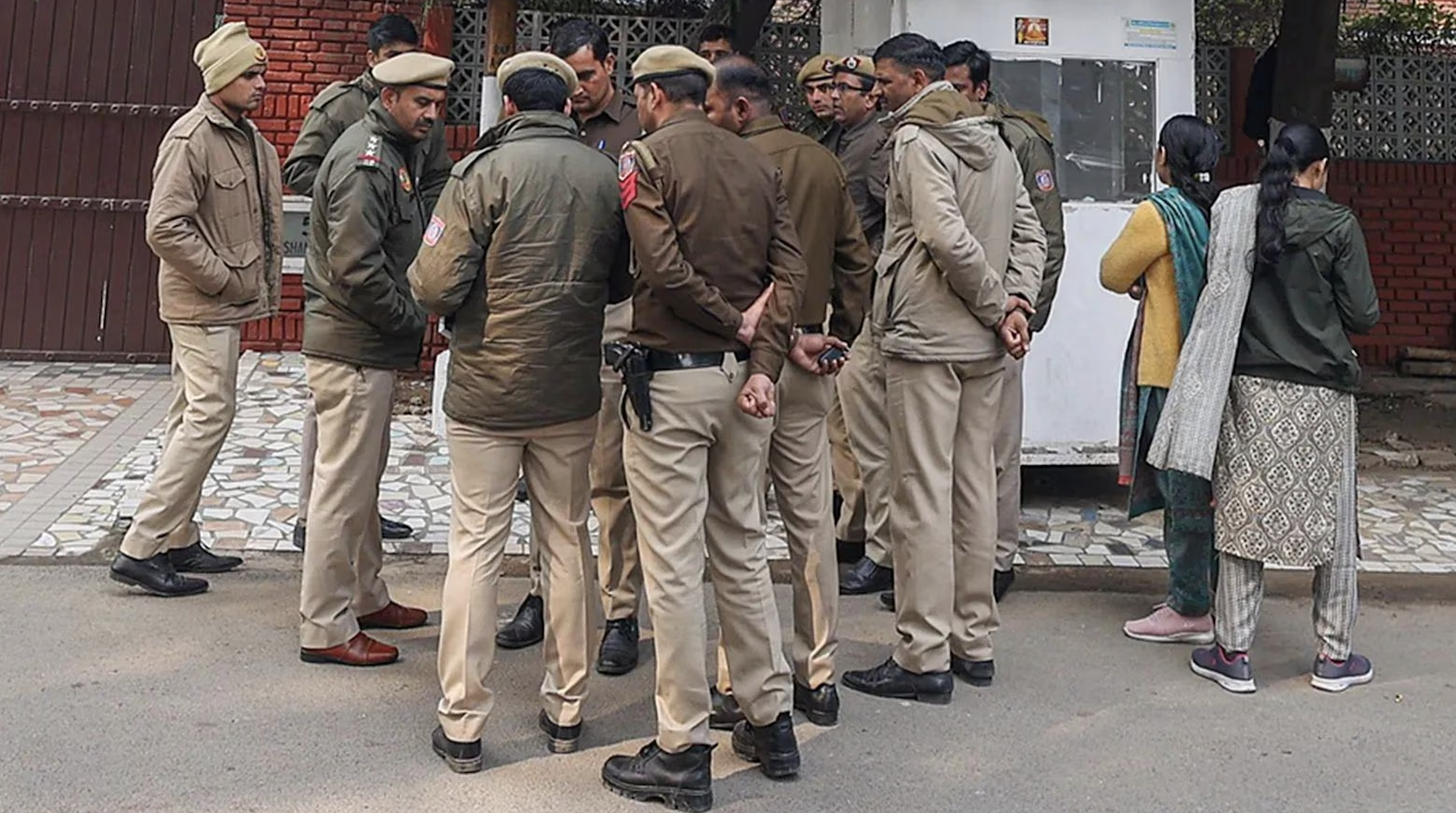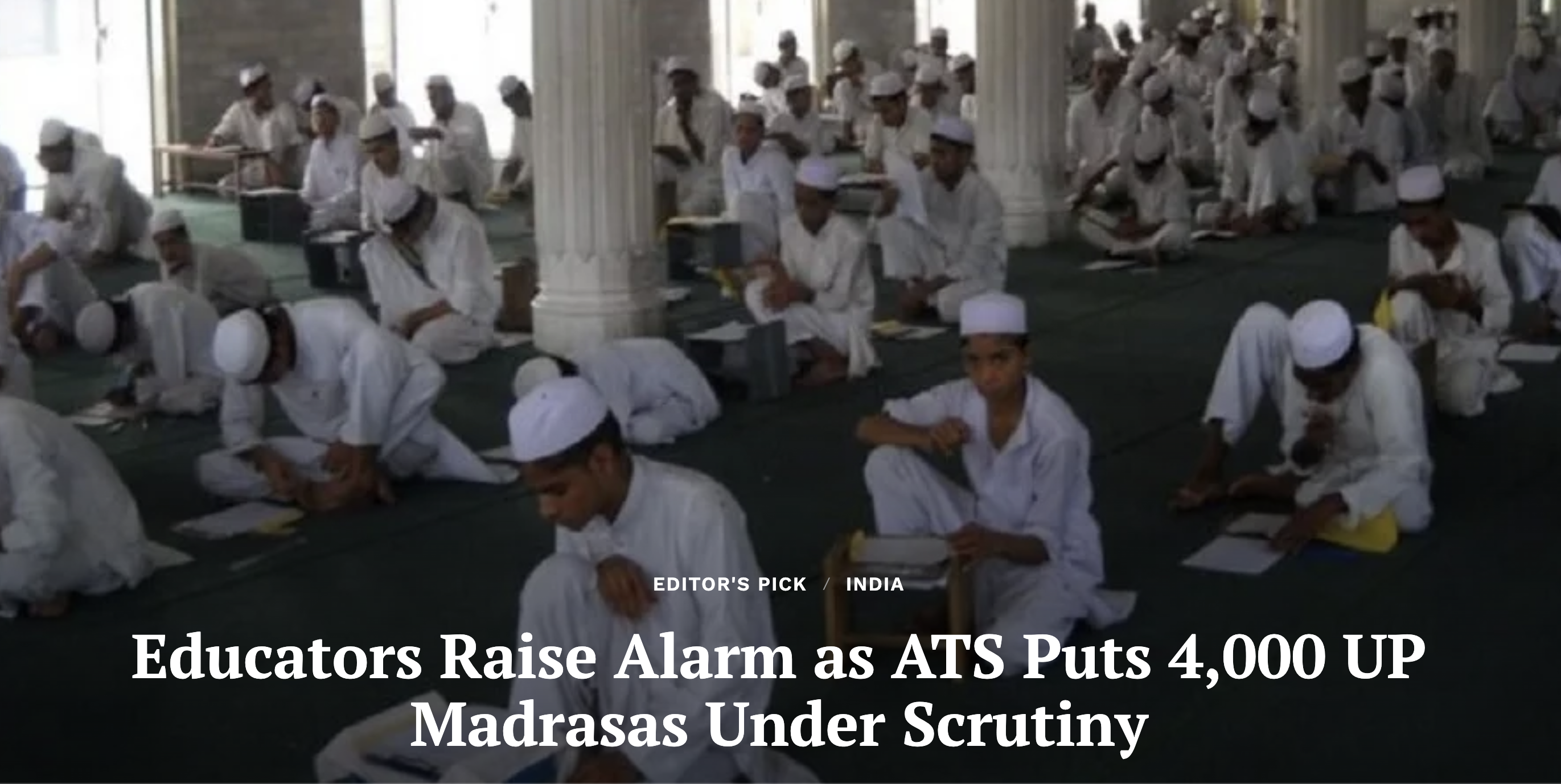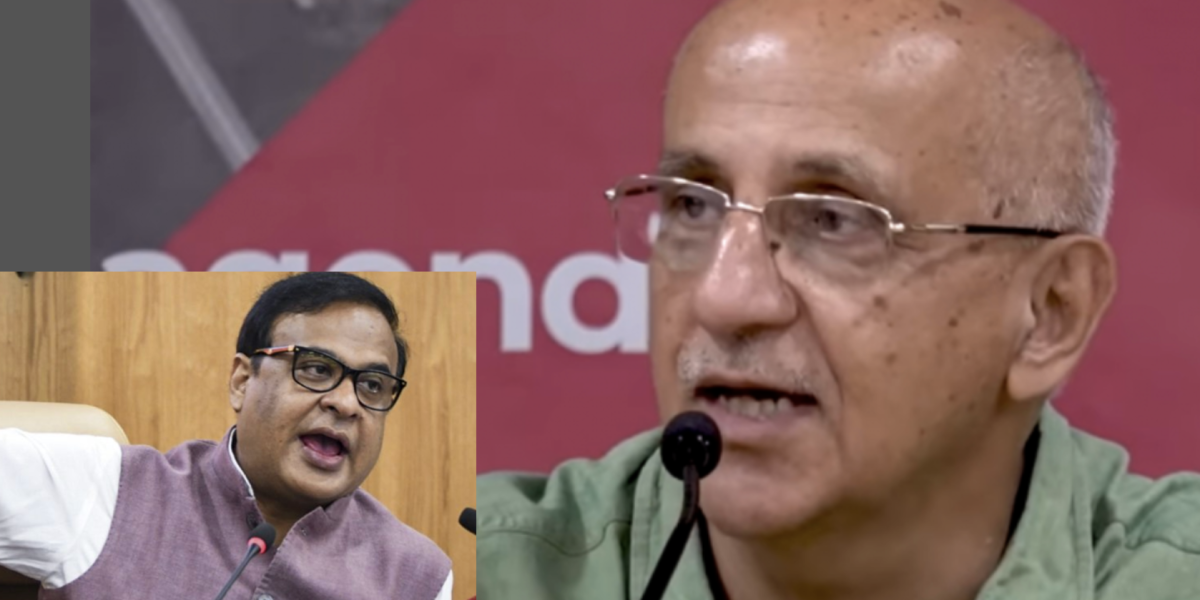
By Areeb Uddin Ahmed
The Supreme Court has firmly established that no demolition can take place without proper reasoning, a written order, and an opportunity for the accused to be heard. In In Re: Directions in the matter of demolition of structures, the apex court laid down guidelines to prevent arbitrary demolitions, ensuring that such actions comply with principles of natural justice and the rule of law. The judgment served as a crucial check against the misuse of state power, particularly in cases where demolitions appear to be punitive measures rather than lawful enforcement. However, this judgment perhaps failed to make the state authorities comply and necessitated further interventions.
Recently, in another judgment, the SC bench comprising justices B R Gavai and AG Masih came down heavily on Tata Mohan Rao, a deputy collector in Andhra Pradesh, for demolishing the huts of slum dwellers in Guntur district, despite a HC directive against it. The SC also asked the Andhra Pradesh government to demote him to the post of Tehsildar, besides imposing a fine of Rs one lakh, to be submitted within a week. Earlier, the HC found Rao guilty of contempt of court and sentenced him to two months’ imprisonment.
However, the SC also held that punishing the said officer would affect his family, livelihood. Emphasising that the “majesty of law lies not in punishing but in forgiving”, the bench said, “Though the petitioner is not entitled to any lenient approach, we find that on account of an adamant and callous attitude of the petitioner, his children and family should not be made to suffer. If he undergoes a sentence of two months, he would be dismissed from his services, thereby depriving his family of livelihood.” The SC also made its authority clear: “Any disobedience of the court’s order attacks the foundation of the rule of law on which democracy is based.”
The judgment in Tata Mohan Rao sets a crucial precedent, reinforcing the principle that public officials cannot act with impunity. By holding the official accountable for the illegal demolition of slum dwellers’ homes and his blatant disregard for judicial orders, the SC has underscored that no authority is above the law. In the words of Justice Gavai: “We will take him into custody right now! Somebody’s playing with the dignity of the High Court. How do you justify his conduct?”
This decision establishes a binding norm: Any officer who engages in arbitrary actions, whether in cases of unlawful evictions, custodial violence, or mob lynching, must now justify their conduct before the courts. The ruling serves as a reminder that the rule of law must prevail over high-handedness, ensuring that power is exercised responsibly and within legal bounds.
This story was originally published in indianexpress.com. Read the full story here.






